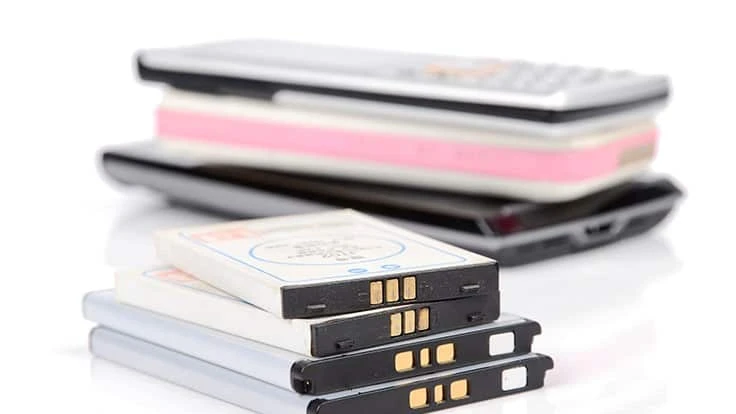
© Anaken2012 - Dreamstime.com
The Institute of Scrap Recycling Industries (ISRI), the National Waste & Recycling Association (NWRA) and the Solid Waste Association of North America (SWANA) have developed a Guide for Developing Lithium Battery Management Practices at Materials Recovery Facilities.
According to a news release from ISRI, which is based in Washington, the guide was written to assist material recovery facilities (MRFs) in properly managing and disposing of lithium-ion batteries and in responding to fires. ISRI states that fires at waste and recycling facilities have increased in part because of the increased popularity of lithium-ion batteries in consumer products. ISRI notes that part of the problem is a lack of consumer awareness on how to correctly dispose of lithium-ion batteries.
To help prevent these batteries from entering municipal waste and recycling facilities, the new guide provides some consumer awareness messaging.
“Our goal is to lower the risk of fires in MRFs caused from lithium-ion batteries,” says ISRI Vice President of Safety Tony Smith. “We believe that this joint effort guidance will educate both the operators and consumers as well as raise awareness of the issue in the recycling stream.”
“As the number of fires at MRFs increase due to the prevalence of lithium-ion batteries, we believe strongly that our members must have the resources necessary to operate safely,” adds Kirk Sander, chief of staff and vice president of safety and standards at the NWRA, which is based in Arlington, Virginia.
Jesse Maxwell, advocacy and safety senior manager for Silver Spring, Maryland-based SWANA, adds, “This guide provides valuable information that will help MRFs protect workers, equipment and facilities from the risk of battery fires. Lithium-ion battery fires are a serious issue that requires concerted action to address.”
The associations note that the guide is the result of collaboration by stakeholders representing MRF owners and operators, suppliers, waste and recycling associations, battery associations, battery recyclers and others who are dedicated to ensuring the safe handling of lithium-ion batteries to protect waste and recycling workers as well as their facilities.
Click here to view the new guide.
Latest from Recycling Today
- Nucor receives West Virginia funding assist
- Ferrous market ends 2024 in familiar rut
- Aqua Metals secures $1.5M loan, reports operational strides
- AF&PA urges veto of NY bill
- Aluminum Association includes recycling among 2025 policy priorities
- AISI applauds waterways spending bill
- Lux Research questions hydrogen’s transportation role
- Sonoco selling thermoformed, flexible packaging business to Toppan for $1.8B





